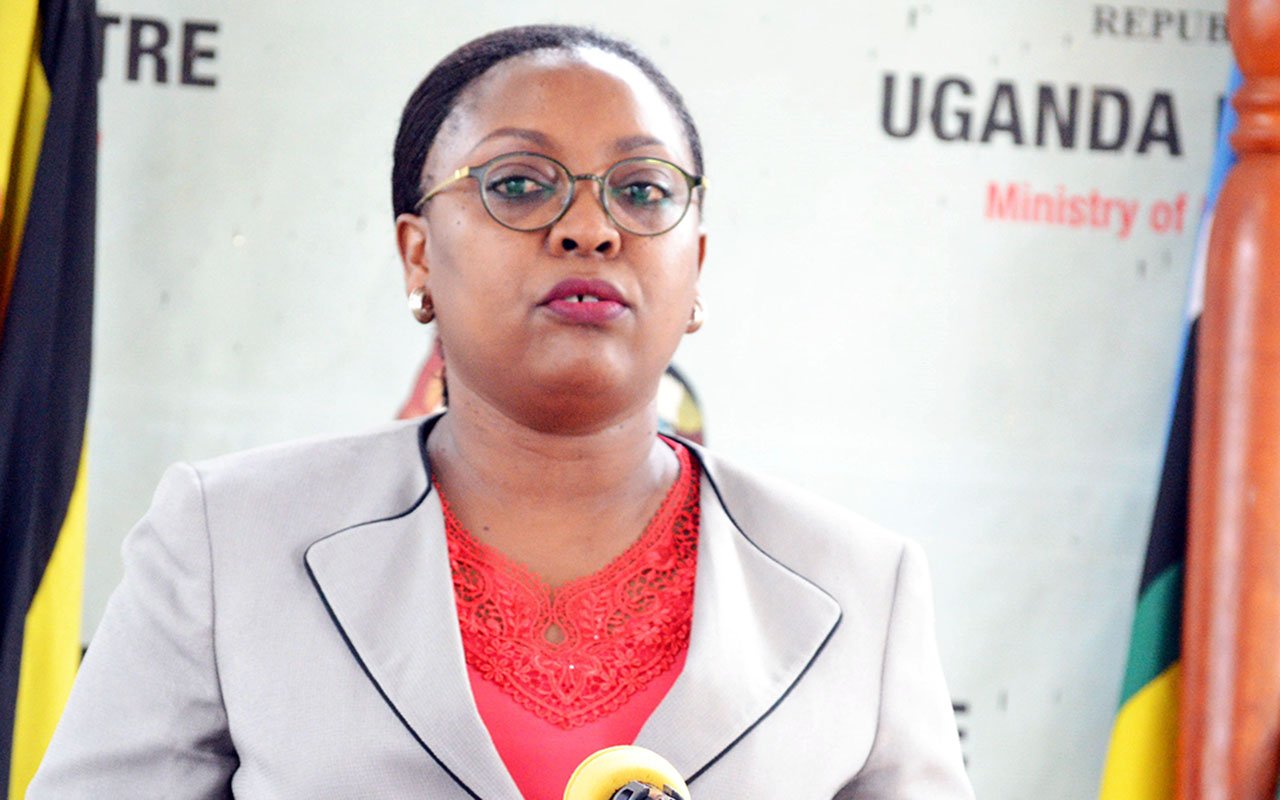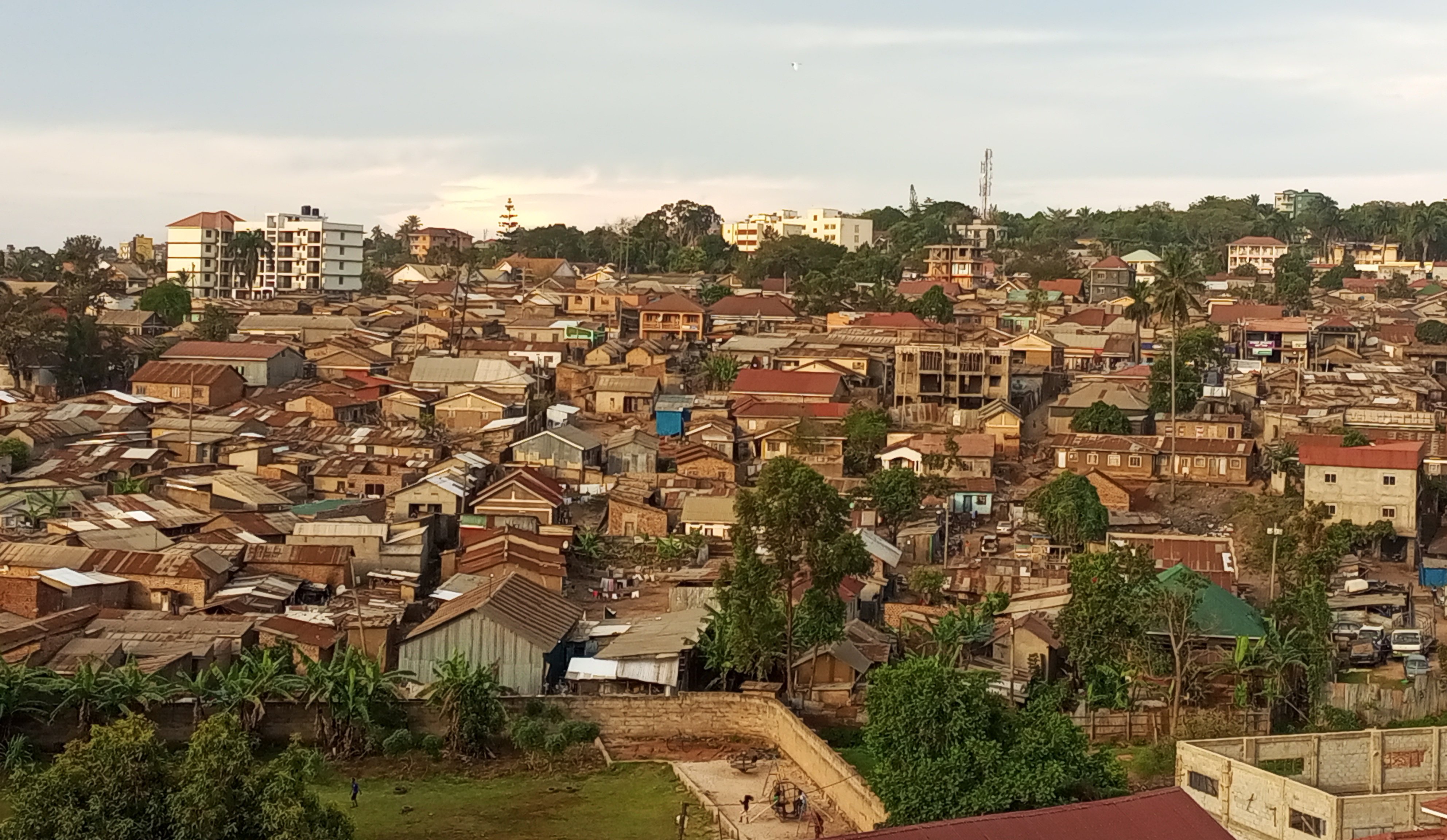Registration mandatory for physical planners to practice under new law

Ms Amanda Ngabirano, chairperson National Physical Planning Board.
What you need to know:
- The new law now organises all physical planners under one professional Society, as Uganda Law Society is for lawyers, and because of this, the IEC officials said there will be more order and professionalism in physical planning practice.
Physical planners in Uganda will soon all be required to be registered as a precondition to practice in the country, according to provisions of the Physical Planners’ Registration Act, 2023.
Ms Amanda Ngabirano, the chairperson of the National Physical Planning Board, said the mandatory registration by a yet-to-be-named Board, will help weed out quacks.
“We have been having substandard physical planning going on by people who are imposing themselves as physical planners when they are not,” she said at a press conference organised by the Society of Professional Physical Planners of Uganda (SPPPU) at Uganda Media Centre in Kampala yesterday.
Ms Ngabirano is an ex-officio member of the Interim Executive Council of SPPPU chaired by Mr Brian Odella, with other members being Nation Media Group-Uganda Managing Editor Tabu Butagira, IEC Treasurer Denis Tugume, Secretary Wilson Awuzu, Ms Anne Achom, Ms Hafisa Namuli, Ms Ruth Nakatudde and Mr Vincent Byandaimira, the new director of physical planning at City Hall.
The State Minister for Urban development, Mr Mario Obiga Kania, commissioned the IEC members in June, last year, under Section 23(5) of the Physical Planners Registration Act, 2023, mandating them to organise elections within a year for choosing the substantive Executive Council of SPPPU.

Mr Brian Odella, chairperson Executive Council of the Society of Professional Physical Planners of Uganda.
Polls
Those polls are slated for tomorrow at Mestil Hotel in Kampala where physical planners who are subscribed members of the Society established under Section 19 of the Act will converge, SPPPU Chairman Odella said at yesterday’s media briefing.
“We realised that we have been having quack physical planners and we end up having buildings approved in wetlands and road reverses, but with this law, before you join the Society, we assess your academic papers and see if you are qualified to be a physical planner,” he said.
If a subscribed physical planner irregularly approves developments, Mr Odella said they will be subjected to “disciplinary procedures” under the new regulatory framework.
The Physical Planners’ Registration Act, 2023, provides for establishment of a Board, whose members the line ministers are yet to appoint, to set, monitor and regulate professional standards for physical planners.
It will also register all persons eligible to “practice as physical planners or planning assistants” in a national register as precondition for practising in Uganda.
IEC officials at yesterday’s briefing in Kampala emphasised, as provided under Section 11 of the Physical Planners’ Registration Act, 2023, that the Board will not register any prospective physical planner or assistant to practice in Uganda unless the individual is a “member of the Society (SPPPU)”.
Mr Odella reported that so father 319 physical planners (graduates) and assistant physical planners (diploma holders) had so far enlisted after a public call by the IEC whose tenure ends tomorrow.
“[Last week] we launched the National Physical Development Plan, a guiding framework that is going to help us handle matters of physical planning in the country,” he said yesterday, adding, “And the people supposed to steer the process of having these plans implemented are the physical planners.”
Ms Ngabirano told journalists that physical planning is “everything to do with how land should be utilised and, therefore, there is no room for activities of quacks”.
Imposters, she noted, are partly to blame for the haphazard development of particularly towns in Uganda where urbanisation rates generally outstrip planning due to resource limitation.
The new law now organises all physical planners under one professional Society, as Uganda Law Society is for lawyers, and because of this, the IEC officials said there will be more order and professionalism in physical planning practice.




